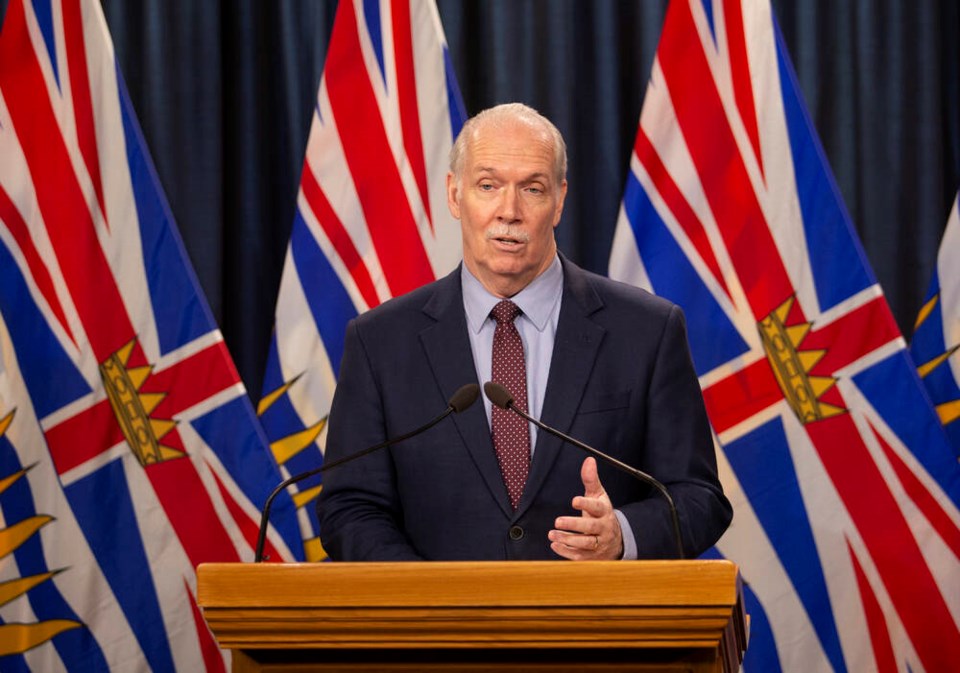As John Horgan’s government enters its sixth year in office, while the premier himself remains popular, some of his cabinet colleagues appear to be struggling.
The most obvious example is Tourism Minister Melanie Mark. Her recent announcement that the government will spend $789 million on demolishing the Royal B.C. Museum and building a replacement was in every respect tone deaf.
Mark gave no convincing reason for demolishing the existing building, neither did she explain why the rebuild is slated to last eight years, depriving Victoria of its biggest tourist draw for close to a decade.
Our letters page was flooded with protests by outraged readers who could not understand how, with more urgent challenges to face, the government could so muddle its priorities.
There have been other signs of wear. When B.C.’s Urban Mayors’ Caucus asked provincial Attorney General David Eby for help in dealing with the problem of repeat offenders, Eby ducked and asked a team of experts to advise him.
That might have been a reasonable step for a minister new to his portfolio. But Eby has held that office for five years. Isn’t it his job by now to know what should be done?
Then we had Health Minister Adrian Dix getting into a wrangle with Doctors of B.C. for appearing, in the association’s view, to suggest that nurse practitioners provide better care than doctors in some cases.
Dix had to know this is a sore point with many physicians, and though it’s clear he meant no harm, still it was needless to offend a group he has to work with.
That Dix can be forgiven is beyond dispute. He’s spent the most challenging five years of any health minister in recent memory, and given everything to the job.
Nevertheless, across a range of pressing issues, the lack of progress is becoming noticeable. Why is the casino money-laundering investigation still dragging on? Why has there been no effective response to surging drug-overdose deaths?
What about sky-high house prices? Substandard care in some long-term care facilities? Soaring public debt?
Some of these problems are beyond the reach of provincial ministries. But politicians don’t get re-elected by passing the buck.
And Horgan’s government faces other difficulties as well.
The last two years have been all about COVID. The steps necessary to combat the outbreak fundamentally reshaped the relationship between government and the public for a time.
Intrusions were made into our private lives that, short of wartime, have not been seen before. But now it’s time to recover a semblance of normalcy.
This will make demands on Horgan and his colleagues that will require adaptability and the willingness to chart new paths. Might this not require new faces?
It is standard practice, half way through a government’s term of office, for the cabinet to be shuffled. With so many challenges ahead, now may be the time for a changing of the guard.
That needn’t mean demotions in every case. Dix would make a fine finance minister. Eby is well suited for the health portfolio.
Horgan might also consider slimming down the number of cabinet posts by removing overlap. At present he has a Ministry of Children and Family Development, a minister of state for child care, and a Ministry of Education and Child Care.
He has both a Ministry of Health, and a Ministry of Mental Health and Addictions.
When responsibilities are divided in this manner, no one is ultimately in charge. It’s not a case of one minister being better than another, but of one minister being better than two.
The current legislative session ends on June 2. If Horgan is planning a cabinet shuffle, that would be a good time to make the change and give new ministers time to settle in before the fall.



